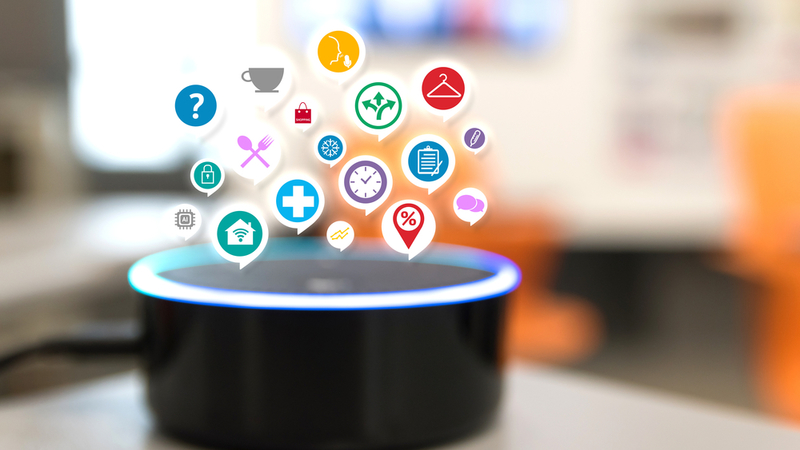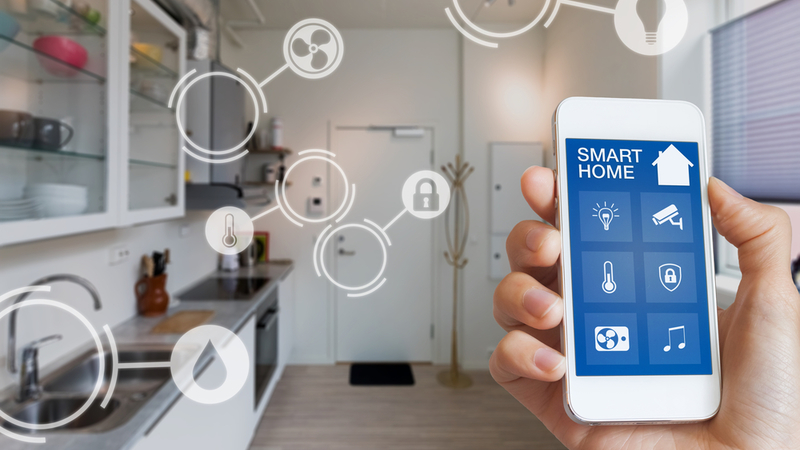By the end of 2017, around 22.5 million smart homes were known to exist. By ‘smart home’, we mean a home that’s using devices with smart technology, like voice-activated assistants, automatic lighting, and remote-control central heating.
But by the end of 2022, it’s predicted that this number — which represents the total smart homes across the continent of Europe — will rise to around 84 million, nearly quadrupling the total of smart tech-enabled homes. It’s also estimated that an everyday family home could contain a massive 500 or more individual gadgets enabled with smart technology.

A representative of the Polytechnic University of Milan said that the use of smart-enabled central heating systems, such as Nest, could result in massive energy savings for an average family, when compared to traditional systems. According to Mr Salvadori, “Widespread adoption of smart solutions for heating, in Milan (…) would reduce carbon dioxide emissions by over 54,000 tons per year, with an annual saving of €70million (£61million) for citizens.”
There are numerous reasons for the existing influx growth of smart tech sales, as well as the predicted large rise in future sales. Though originally fairly expensive, these technologies are dropping rapidly in price. You can now pick up a Google Home Mini for around £29 pre-sale, with Amazon’s Echo device coming in at around the same product. The larger devices are pricier, but still affordable.
But aside from cost, there are other huge benefits for those joining the smart home revolution. Convenience is another major factor — simply turn the lights on and off from the comfort of your own bed, or switch the heating on whilst you’re away from home, so that it’s toasty when you arrive back from work in the winter. Not to mention security improvements, as you can use automatic lighting to make it appear that you’re home when you’re off on holiday. And then there’s safety, being able to check that the kids have turned off their phone chargers and hair straighteners by using smart plug sockets.

In 2018, Amazon sold around 8 million Alexa-enabled smart speakers. By 2018, the sales of similar devices had risen to 56 million. But there are also some obstacles that could slow the success of this technology, namely the competition among the market leaders. Search for a ‘Google Home’ device on Amazon.co.uk, and you’ll see that the results shown are for the company’s own Echo devices — Amazon doesn’t currently sell Google’s range of smart speakers.
As long as there’s incompatibility between competing brands, this could stand in the way of integration and greater progress in the development of future smart home devices.
That said, the plus side is that there are only 3 true players in the smart speaker arena: the Echo, the Google Home, and Apple’s Siri-enabled device, though the former 2 are the clear market leaders. So much so that tens of thousands of branded and unofficial devices already pledge their support for these voice assistants.
Now is definitely a good time to join the smart home scene, with falling costs, and ever-improving services and apps available.
Just getting started?
WiseGuys are a Which? Trusted Trader offering device support for more than just your smartphone. We offer support contracts, not simply support for a single device, meaning more of your tech is covered by our support plans. We can also give you advice on getting your smart home up and running, as well as how to integrate with your smartphone.
For more information, or to discuss the kinds of plans that we offer, you can get in touch with us on 0808 123 2820.



Recent Comments